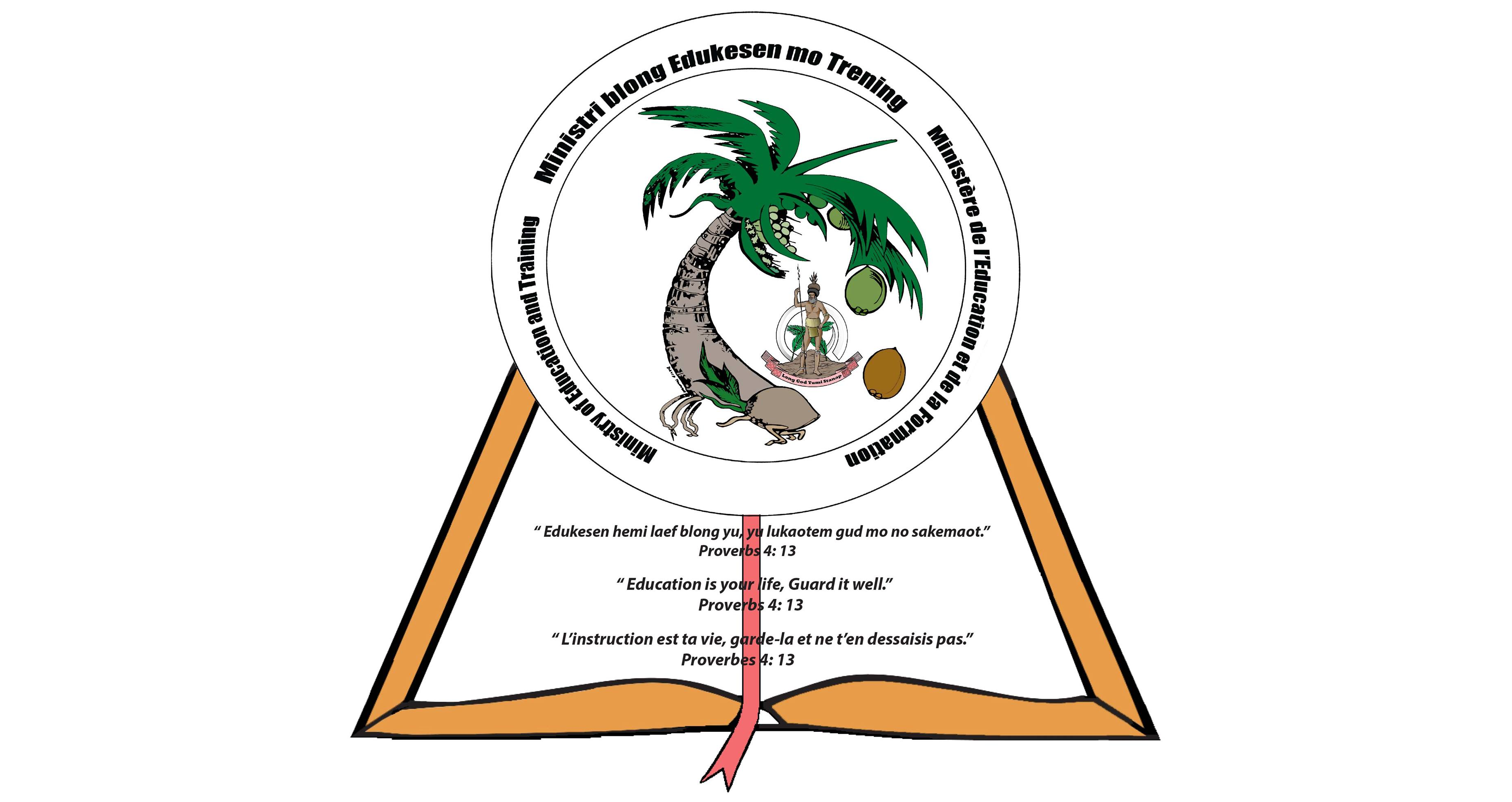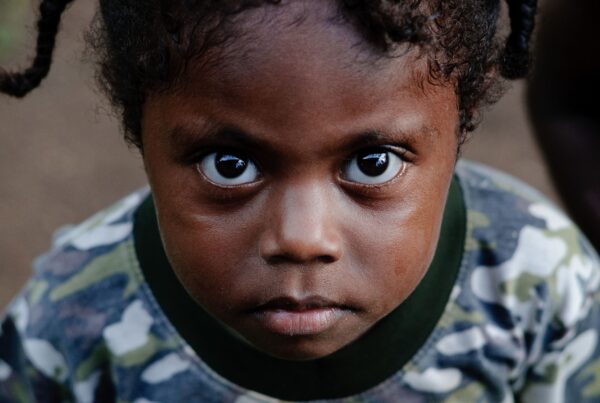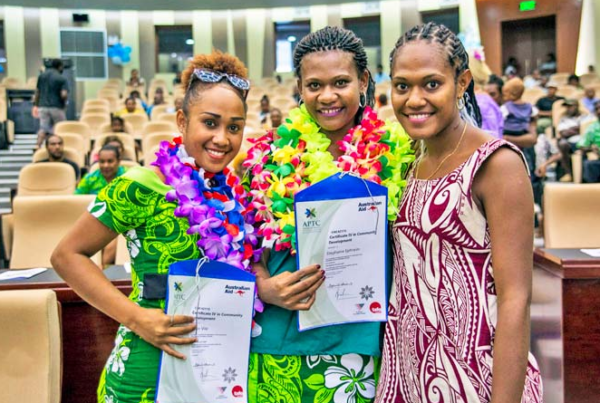The Ministry of Education and Training has recently launched the Bilingual Education Policy Task force on the 26th of November 2020 at the MoET Conference room. The task force key responsibility is to develop a first ever bilingual education policy for Vanuatu.
During the launching, the DG for Education and Training, Mr.Bergmans Iati re-iterated and reminded the task force members on the medium of instruction as provided by the Constitution.
Within the south pacific region, Vanuatu has this uniqueness of having to use French and English for official and educational purposes. Having to master these two languages adds additional quality and value for Ni-Vanuatu citizens also should reflect the standard of education Vanuatu is offering.
The DG stated that the long-term goal is to have a: cost efficient and harmonized education system with only one single schooling stream instead of operating Francophone and Anglophone schools. This initiative in Education will enable a system that produces integrated bilingual citizens of Vanuatu
The Director Tertiary Education Division, Anne-Rose Tjiobang, explained that there are number of models of bilingual systems that exists in some countries in the world but for Vanuatu due to its context what we really mean here is to have competent bilinguals speakers in both French and English.
Vanuatu has inherited its dual education system from its once condominium colonisers, France and Britain prior to 1980. After independence, the leaders decided to maintain French and English as mediums of instruction and even some prefer to see a bilingual education system to accommodate for the two systems. The constitution of Vanuatu provides that the medium of instruction are French and English.
Bilingualism was one of the key strategies of the Vanuatu Education Sector Strategy 2007-2016 (VESS). During this period, there were some consultations and work undertaken but were unable to achieve intended objectives. During the last biggest education summit held in 2006, there were Solid feedback was provided during the last biggest education summit for Vanuatu to develop a bilingual education system rather than running two separate systems which is quite expensive.
The Interim VETSS 2017-2018 maintain bilinguals as one of its 13 strategies. There were discussions whether this strategy is still relevant and it turns out that it should be maintained. In 2019, the government at that time strongly advocated on this concept and as a result, a COM decision was made for MoET to formulate a policy to move towards achieving a bilingual Education system for Vanuatu.
The VETSS 2020-2030 re-highlights bilingualism as one of the 23 strategies and comes under Management Strategic Objective. The MoET has now decided to execute this long strategy starting this year.
Running this dual system demands double consideration, efforts and investment in terms of systems and processes, teachers, administration personnel, educational and teaching resources, infrastructures and finances. These challenges in high cost of education affect access to inclusive and quality education for all.
Naturally, based on its context, environment and social set up, Vanuatu is already producing bilingual citizens especially those following the francophone schooling pathway. Most francophone are competent in using basic English in terms of reading and writing. However, this needs to be strengthen and is a good initiative for bilingualism implementation to ensure the production of competent bilingualism in Vanuatu.





